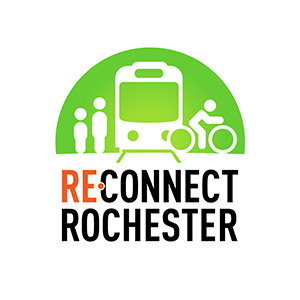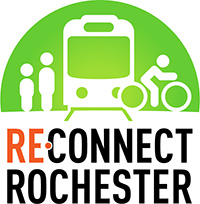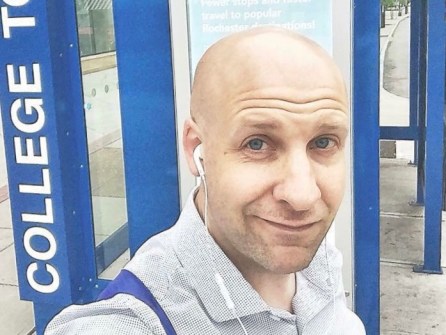
Written by Arian Horbovetz and originally published on The Urban Phoenix blog
In a 2017 piece, I wrote about the impact of “independent automobile transportation” on our community environments. To take it one step beyond the idea that we have built a nation around exclusive personal mobility, it’s important to acknowledge the devastating effects of our “convenience culture” here in the United States.
Let’s begin with the assumption that the most important lessons we learn, the most transformative journeys we take, and the most powerful experiences we have are rarely “convenient.” The things that make us better are usually the things that require us to dig a little deeper and find something in ourselves that makes us truly feel a sense of pride and accomplishment. While convenience is a welcomed privilege, what makes us who we are usually requires a modicum of effort, or self reliance, or shared effort. If this is not your experience, then this post may not be for you.
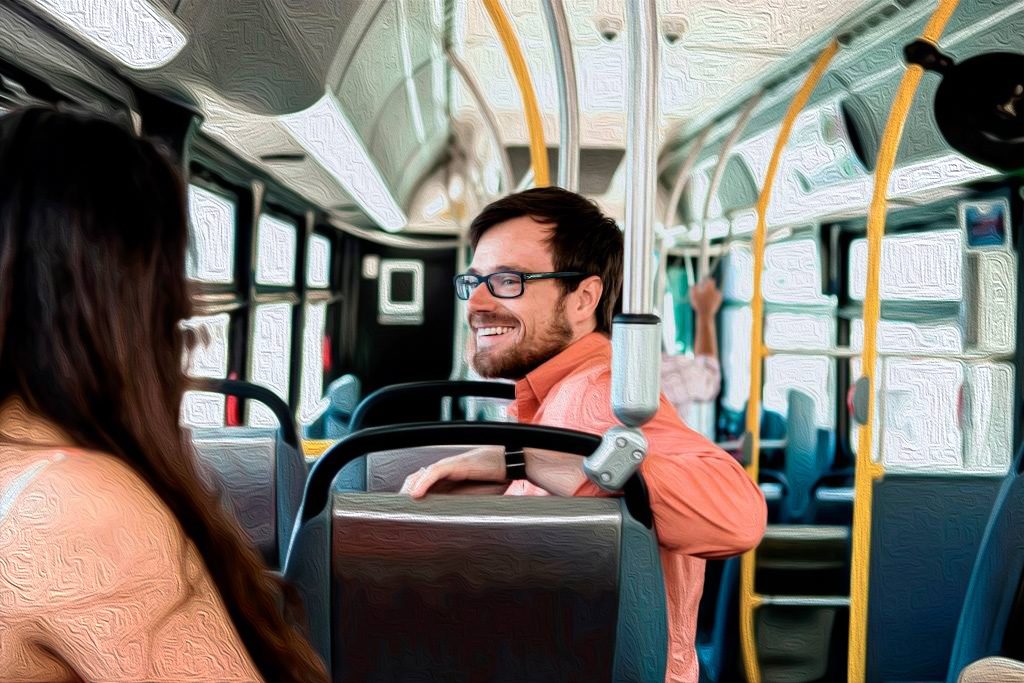
For the rest of you that are still with me, let’s talk about the assumption mentioned above with regard to our communities. Do we make the hard choice to bike to work instead of drive in an effort to reduce pollution, make our community safer, and advocate for a more sustainable mode of transportation, or do we simply drive? Do we conveniently order from Amazon, or do we seek a similar purchase that might strengthen our local economy? Do we use Grubhub, or do we contact our favorite local establishment directly to ensure they get the most from every order? Do we use Uber or do we see if there is a public transit option that might get us to where we need to go?
European cities like Amsterdam and Copenhagen are notorious for prioritizing less “convenient” forms of transportation in favor of bikes and public transit, which empower us and expose us to sociocultural diversity. The lessons learned via anti-exclusive mobility are the true soul-resurrecting elements that we can all benefit from. In other words, if we truly support the definition of strength through adversity, we must embrace the less convenient avenues of mobility, commerce and lifestyle.
And yet, in a country of perpetual chest-thumping, relentlessly championing the illusion of toughness and grit, we look for the closest parking space at the gym. We curse the driver that takes an extra second to make a left turn, delaying us during our commute. We berate the local business that doesn’t have the “in-and-out” convenience parking we ravenously crave. This America of “strength” is suddenly brought to its knees when we can’t find a parking space within a few hundred feet from our destination.
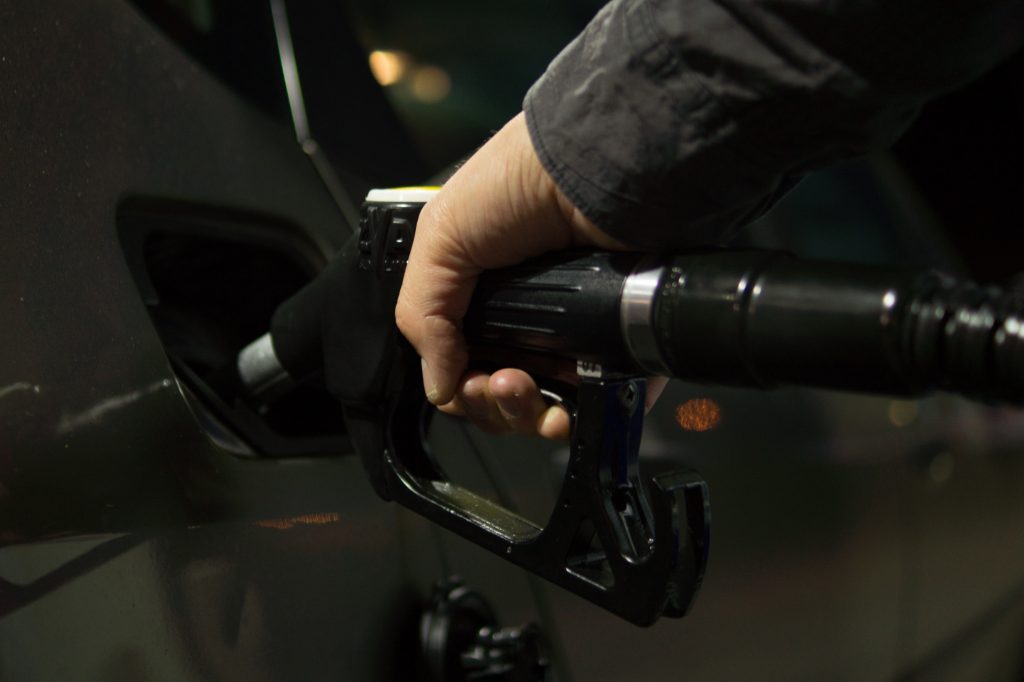
This is the sociological construct that is created when we over-prioritize the most “convenient” (and most exclusive) form of transportation. For example, of the 37 OECD nations, the United States has the second lowest gas tax behind Mexico, which has no gas tax. In fact, the US gas tax is almost exactly one-quarter of the OECD average per gallon. The lack of significant fuel tax in the US is an under-realized financial lubricant for the proliferation of the automobile as an affordable choice instead of the exclusive one. In essence, we have made it financially easier for people to get around using the most inefficient, unsafe and environmentally unfriendly mode of transportation this planet has ever seen.
Couple this with more than a half century of urban demolition, residential displacement and racially-diving highway creation, and you get a mode of transportation that is so convenient AND exclusive that few other modalities have a chance.
And it’s not just cars. It’s mega stores like Walmart that, ironically, we welcome into our rural and suburban worlds on the promise of jobs and inexpensive merchandise, when the reality is a monopolistic machine that pays unlivable wages and makes it impossible for small businesses to compete. The end result is actually a loss of American jobs and a culture that is built around a one-stop-shop solution that is highly subsidized and simultaneously damaging to local economies.
Services like Grubhub make it easy for consumers to order from local restaurants. But these third-party food delivery services can take up to 30% of each sale, creating a no-win scenario for restaurants. Choose to use Grubhub and have your profit margins stripped, or go it alone and receive extremely limited exposure based on the public’s lack of desire to look beyond their favorite apps to fulfill their cravings. Grubhub has quietly become one of the most powerful “pay-to-play” constructs in our local economy.

These are just a few examples of convenience culture and how this unsustainable model of commerce is slowly eliminating the chance for small businesses to thrive. The more we subscribe to the convenience economy, perpetuated first and foremost by the drastic over-prioritization of the automobile, the more we feed into our own undoing. Whether you’re a rural American who loves the convenience of Walmart, or an urban American who just wants to find the closest parking space in front of your favorite farm-to-table restaurant, remember that true patronization often takes effort. With this in mind, let’s be fine with parking a quarter mile away and getting some exercise on the way to our destination. Let’s pay a little extra to shop at our local market instead of lining the pockets of billionaires who are fleecing our small business cultures. Let’s look at the notion of what our American spirit really stands upon… the idea that if we all work a little harder and a little smarter, we can overcome the temptation of convenience culture and reclaim our community strength by doing what is more difficult.
